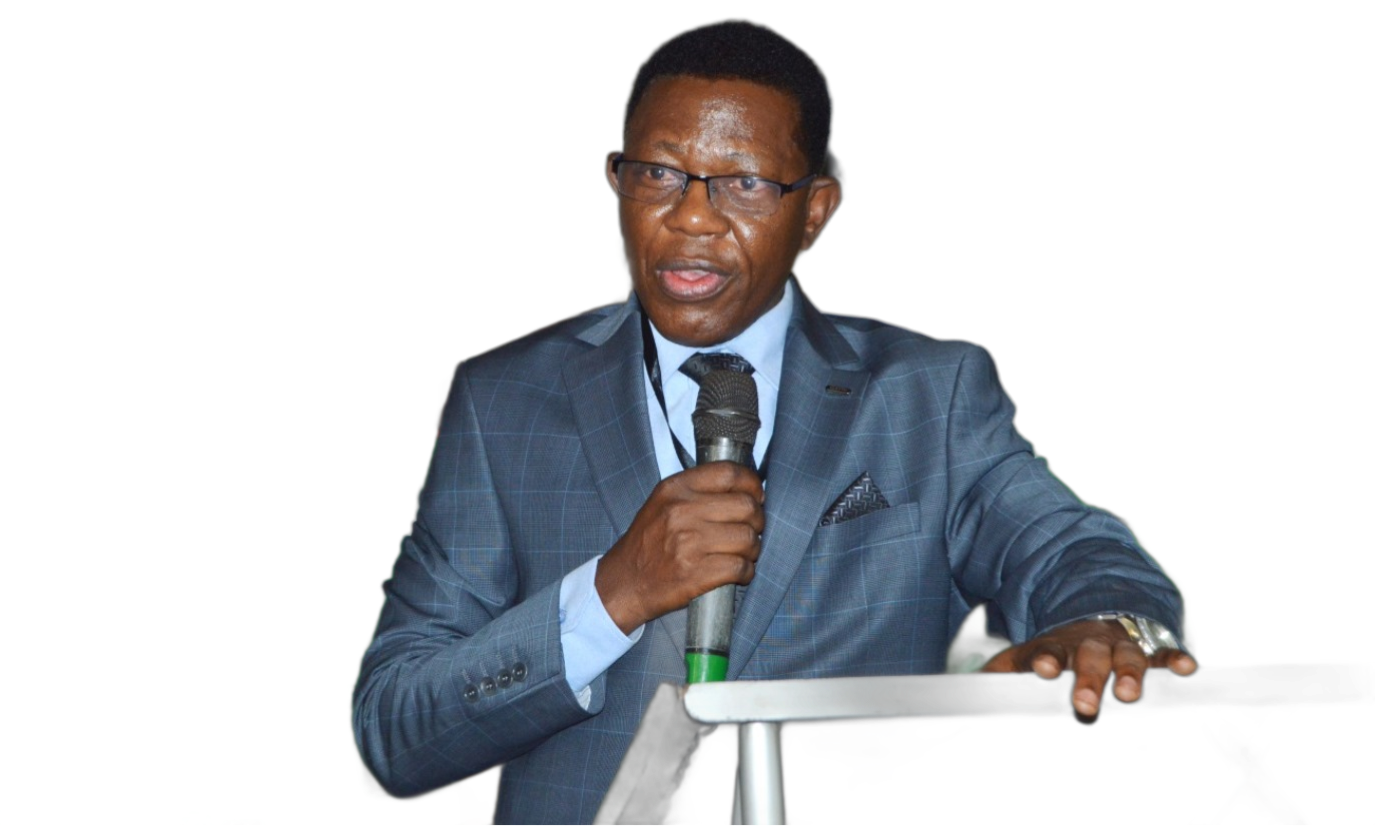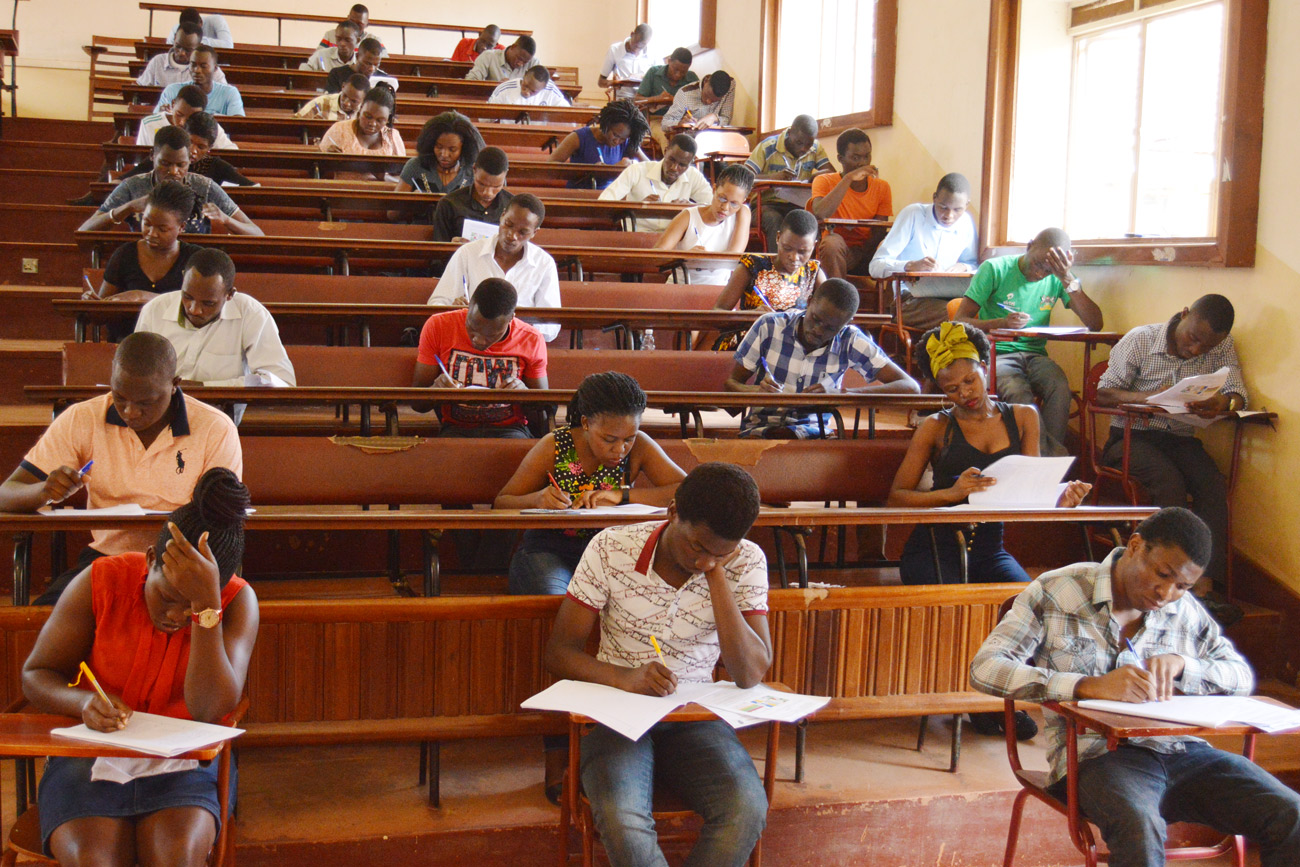Internal Audit authority and mandate is derived from Makerere University Council. Its functions, activities and operations are defined in an audit charter. The University Council by policy establishes and supports Internal Audit as an independent appraisal function to examine and evaluate University activities/operations as a service to management and Council of Makerere University.
Audit reporting
The Director Internal Audit reports functionally to the Audit Committee of Council and administratively to the Vice-Chancellor.
Profile
Mr. Charles Barugahare holds a masters degree from Eastern and Southern Africa Management Institute (ESAMI), Fellow Chartered Certified Accountant (FCCA) and Bachelors Degree from Makerere University. He has auditing and accounting experience as Chief Internal Auditor, Senior Auditor, internal Auditor and Accountant /Administrator.
The Directorate
Staffing of the Directorate can be broken down into four main categories as;
1. AUDIT MANAGERS
Roles: Responsible for assisting in setting Audit plans and strategies, Risks and controls, Audit execution, Audit reporting and Follow ups.
2. SENIOR INTERNAL AUDITORS
Roles: To provide technical support and carry out routine internal Audit management supervision, review of technical aspects and monitoring of day today progress of internal Audit activities.
3. INTERNAL AUDITORS
Roles:To conduct Internal Audit engagements in accordance with laid down regulations and guidelines. Audit engagements covering testing of controls, reviewing risk exposures, evaluation of changes in systems and controls, development of working papers and report writing.
4. AUDIT ASSISTANTS
Role: To support Audit exercises and reviews
The Internal Audit function
Internal auditing is an objective assurance and consulting activity designed to add value and improve university systems, processes and controls. It is independent of any management functions or Officers and has access through the Audit Committee to the Chairperson of the University Council if required.
Vision: To be a leader in the provision of objective assurance and consulting services designed to add value and improve operations to assure the efficiency and success of Makerere University.
Mission: To add value to overall organisational performance by providing quality auditing services that result in reduced costs, gains in operational efficiencies and strengthened internal controls.
Objectives
- Review and assess the functioning of systems, processes and controls.
- Identify, assess and evaluate risks affecting achieving University objectives.
- Appraise the economy and efficiency with which resources are allocated and utilised
- Review compliance with applicable policies, plans, procedures, laws and regulations.
- Coordinate with External Auditors in the areas above.
- To recruit, develop and retain well qualified experienced and motivated audit staff.
The extent and frequency of audits depends upon varying circumstances such as results of previous audits, relative risks associated with activities, requests from Management and Council and resources availability.
Access to information
- Access at all reasonable times to all books, documents, accounts, property, vouchers, records, correspondence and other data of Makerere University necessary for the proper performance of the Internal Audit function; and
- The right at reasonable times to enter any premises of the University and to request any officer to furnish all information and such explanations deemed necessary to form an opinion on functioning of systems, controls and procedures.
- It is incumbent upon all university staff to provide all information and explanations that may be required.
Critical elements for a successful audit function
- Auditing personnel must have an in depth knowledge of standard practices in the areas under review.
- Auditing personnel must have access to all necessary data to form conclusions about the area under review.
- Auditing personnel must be aware of explicit guidelines in the area under review as well as the specific communications to those being audited.
- Personnel being audited must be provided a detailed review of the conclusions of any audit and be given an opportunity to appeal any disagreements to a party other than that conducting the audit.
- Institutional personnel must have faith in the integrity of the audit and of the officials directing the audit.
Current and future audit priorities
- Recruit, develop, and retain well qualified and experienced audit staff
- Develop an exit strategy to phase out of pre-auditing
- Conduct risk assessment to identify and then prioritize areas for audit emphasis.
- Acquire audit software to support review of systems and processes
Contact information
More information from the Directorate of Internal Audit can be obtained from the;
Director Internal Audit: Mr. Charles Barugahare
Makerere University- Main Building, Top floor
P.O Box 7062, Kampala, Uganda
Tel: +256 414 532475
Email: audit[at]ia.mak.ac.ug or cbarugahare[at]ia.mak.ac.ug
Internal Audit authority and mandate is derived from Makerere University Council. Its functions, activities and operations are defined in an audit charter. The University Council by policy establishes and supports Internal Audit as an independent appraisal function to examine and evaluate University activities/operations as a service to management and Council of Makerere University.
Audit reporting
The Director Internal Audit reports functionally to the Audit Committee of Council and administratively to the Vice-Chancellor.
Profile
Mr. Charles Barugahare holds a masters degree from Eastern and Southern Africa Management Institute (ESAMI), Fellow Chartered Certified Accountant (FCCA) and Bachelors Degree from Makerere University. He has auditing and accounting experience as Chief Internal Auditor, Senior Auditor, internal Auditor and Accountant /Administrator.
The Directorate
Staffing of the Directorate can be broken down into four main categories as;
1. AUDIT MANAGERS
Roles: Responsible for assisting in setting Audit plans and strategies, Risks and controls, Audit execution, Audit reporting and Follow ups.
2. SENIOR INTERNAL AUDITORS
Roles: To provide technical support and carry out routine internal Audit management supervision, review of technical aspects and monitoring of day today progress of internal Audit activities.
3. INTERNAL AUDITORS
Roles:To conduct Internal Audit engagements in accordance with laid down regulations and guidelines. Audit engagements covering testing of controls, reviewing risk exposures, evaluation of changes in systems and controls, development of working papers and report writing.
4. AUDIT ASSISTANTS
Role: To support Audit exercises and reviews
The Internal Audit function
Internal auditing is an objective assurance and consulting activity designed to add value and improve university systems, processes and controls. It is independent of any management functions or Officers and has access through the Audit Committee to the Chairperson of the University Council if required.
Vision: To be a leader in the provision of objective assurance and consulting services designed to add value and improve operations to assure the efficiency and success of Makerere University.
Mission: To add value to overall organisational performance by providing quality auditing services that result in reduced costs, gains in operational efficiencies and strengthened internal controls.
Objectives
- Review and assess the functioning of systems, processes and controls.
- Identify, assess and evaluate risks affecting achieving University objectives.
- Appraise the economy and efficiency with which resources are allocated and utilised
- Review compliance with applicable policies, plans, procedures, laws and regulations.
- Coordinate with External Auditors in the areas above.
- To recruit, develop and retain well qualified experienced and motivated audit staff.
The extent and frequency of audits depends upon varying circumstances such as results of previous audits, relative risks associated with activities, requests from Management and Council and resources availability.
Access to information
- Access at all reasonable times to all books, documents, accounts, property, vouchers, records, correspondence and other data of Makerere University necessary for the proper performance of the Internal Audit function; and
- The right at reasonable times to enter any premises of the University and to request any officer to furnish all information and such explanations deemed necessary to form an opinion on functioning of systems, controls and procedures.
- It is incumbent upon all university staff to provide all information and explanations that may be required.
Critical elements for a successful audit function
- Auditing personnel must have an in depth knowledge of standard practices in the areas under review.
- Auditing personnel must have access to all necessary data to form conclusions about the area under review.
- Auditing personnel must be aware of explicit guidelines in the area under review as well as the specific communications to those being audited.
- Personnel being audited must be provided a detailed review of the conclusions of any audit and be given an opportunity to appeal any disagreements to a party other than that conducting the audit.
- Institutional personnel must have faith in the integrity of the audit and of the officials directing the audit.
Current and future audit priorities
- Recruit, develop, and retain well qualified and experienced audit staff
- Develop an exit strategy to phase out of pre-auditing
- Conduct risk assessment to identify and then prioritize areas for audit emphasis.
- Acquire audit software to support review of systems and processes
Contact information
More information from the Directorate of Internal Audit can be obtained from the;
Director Internal Audit: Mr. Charles Barugahare
Makerere University- Main Building, Top floor
P.O Box 7062, Kampala, Uganda
Tel: +256 414 532475
Email: audit[at]ia.mak.ac.ug or cbarugahare[at]ia.mak.ac.ug
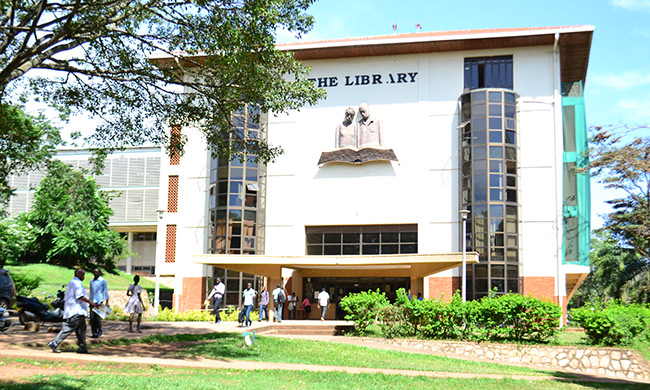
 General1 week ago
General1 week ago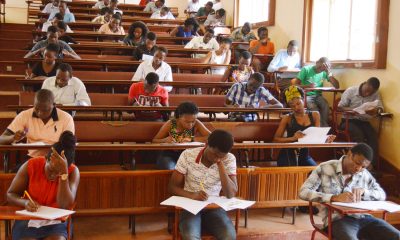
 General1 week ago
General1 week ago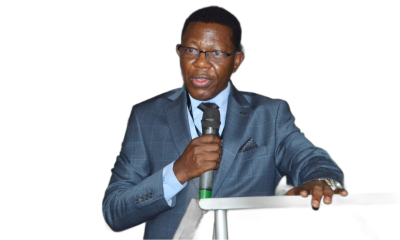
 General5 days ago
General5 days ago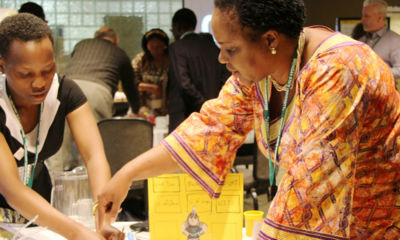
 General2 weeks ago
General2 weeks ago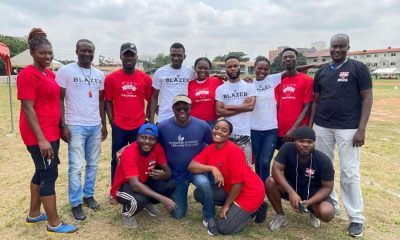
 General2 weeks ago
General2 weeks ago
